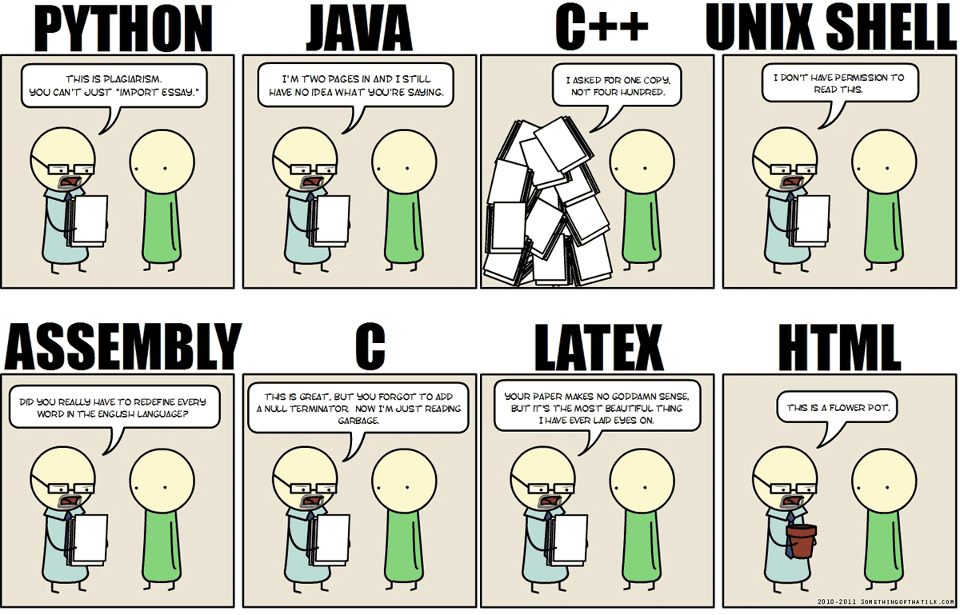That is different than learning programming. Learning the basics of data mining, use of automated tools/software packages, etc, are much more important than actual "traditional" programming. The approach for analyzing data from a technical, statistical, and social standpoint is its own skill set. Most data analysis will be hitting warehouses in excess of 10 terabytes and understanding tools that allow you to intelligently mine that data, to gather it from multiple sources, to interrogate it on multiple factors, in a technically efficient way matters. Actually with power/speed of CPUs, Drives, Clouds, and the Net, being technically efficient really doesnt matter any more.

